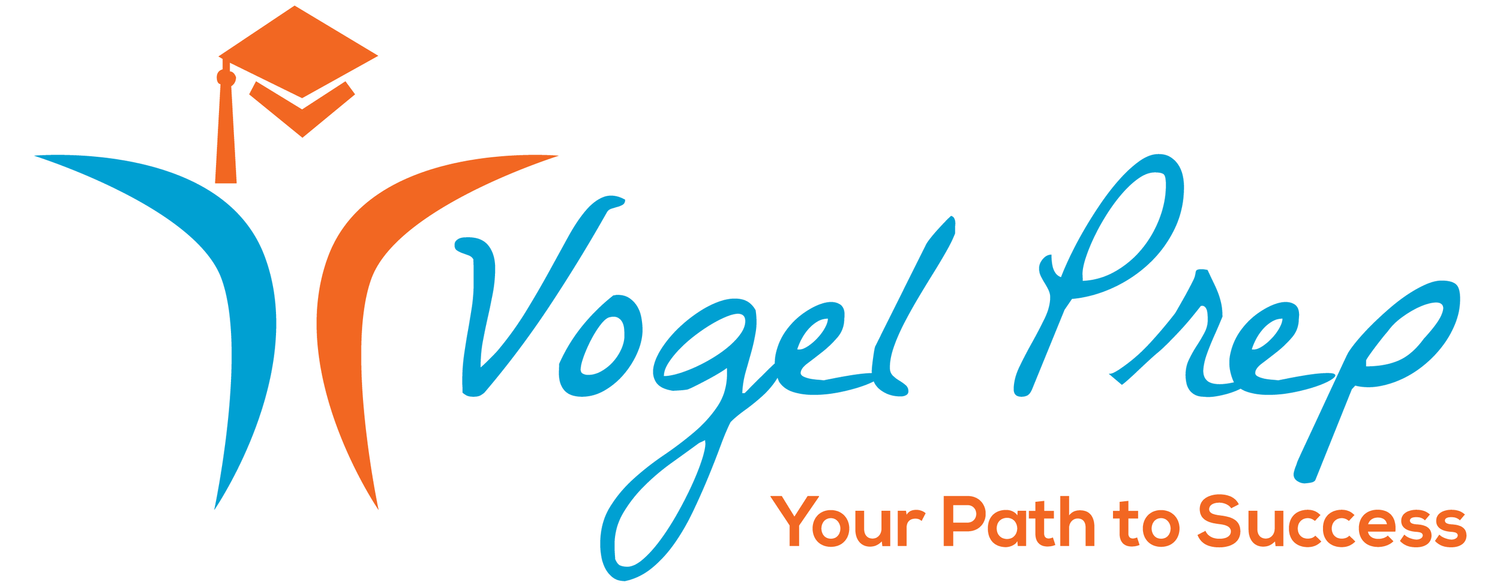Americans are notorious for only speaking one language, whereas most Europeans and Asians are fluent in two, three or more languages because they have been close neighbors to countries with different languages. But that is rapidly changing in the USA. There are compelling reasons for today’s students to study and learn to speak Spanish as their second language, and Vogel Prep can help prepare your students to reach that goal.
Spanish is the 4th most spoken language in the world after Mandarin, English and Hindu. According to the Spanish language Instituto Cervantes (IC) which promotes the expansion of Hispanic culture worldwide, 577 million people (7.6% of the world’s population) speak Spanish worldwide, with estimates reaching 756 million by the year 2050.
According to an IC report from 2015, the USA has the second highest concentration of Spanish speakers in the world, after Mexico. Approximately 53 million Americans speak Spanish at home (41 native speakers and 12 million bilingual speakers). There are more people speaking Spanish in the US than in Spain (47 million) or Colombia (48 million).
Pew Research estimated that by the year 2050, the USA will probably reach 138 million Spanish speakers, making it the number one Spanish Speaking country in the world. Therefore, anyone who wants to do business with North Americans in the future should be able to communicate with its Spanish speaking inhabitants. Today, Spanish speakers represent 8% of the total population of the US, but almost 50% of the population in some states.
In fact, three quarters of the Hispanic/Latino population in the USA live in just 10 states. The laws, traditions and citizen rights are being impacted by their demographics. We are now seeing changes in some states which have high percentages of Hispanic and Latinos. For example, in New Mexico with 49% Spanish speakers, the constitution is now bilingual, and the educational system is also bilingual. In Texas (39 % Spanish speakers), government websites are bilingual. In California (39 % Spanish speakers), most of the state government documents, forms and services are offered in Spanish. This trend is also growing in Arizona (31 %) where a recent study showed that 20% of Arizonans speak Spanish at home. In Nevada (28.5%) the high presence of Hispanics has been absorbed by the entertainment and travel industries, giving Las Vegas a competitive edge in terms of attracting North American Spanish speakers and international travelers from Spanish Speaking countries.
With this background of demographics, here are the top 10 reasons why American students should study Spanish:
Communicate with your fellow citizens, especially if you live in one of the top 10 Hispanic states.
Be independent and self-sufficient when traveling to a Latin American country or Spain. There are more than 20 interesting countries to visit that speak Spanish.
Embellish your College Application: These can be reinforced by an SAT Subject or AP test in Spanish Literature or Language.
Improve your chances of getting a job: As world economies globalize, individuals who understand the language and culture of other economies are better prepared to help their businesses compete, thus providing prospective employers a competitive edge.
Spanish-speaking films have expanded in the last few years. If you speak the language you can avoid the subtitles and better understand the subtle cultural innuendos.
Music: Many Spanish singers have expanded into the North American Market. Spanish speakers can understand the lyrics of these songs and sing along (think “Feliz Navidad”!)
Expand your Internet: In terms of website content, Spanish language ranks as the 4th most common language, after English, Russian and German. In terms of the language used by internet users, Spanish speakers rank as number 3rd, after English and Chinese. So, understanding Spanish will provide students the possibility of having so many more resources of information available to them.
View history from multiple angles: It is not the same thing to read a “story” about an event in history through the eyes of an English writer versus a Spanish writer. Each writer will view things from a different perspective. Neither is better than the other, just different. Thus, it will also improve one’s flexible thinking skills.
Communicate with service workers: Spanish is one of the easiest languages to learn for English speakers. But no matter what second language you learn, listening and practice makes it better. For those of us who live in a state bordering Mexico, practice is a matter of speaking with everyone in the community. Many waiters or gardeners will be delighted to practice Spanish with those who attempt it.
Improve your skills: When people learn another language at an early age, brains develop in ways that improve cognitive, focus and memorization capabilities. Learning Spanish should be an easy task for those living among a large Hispanic population.
At Vogel Prep, we have tutors that can help you fine-tune your language skills so that you can be a confident second language speaker. Contact us to see how we can help you reach the goal of being able to walk into a new culture and fit right in.

